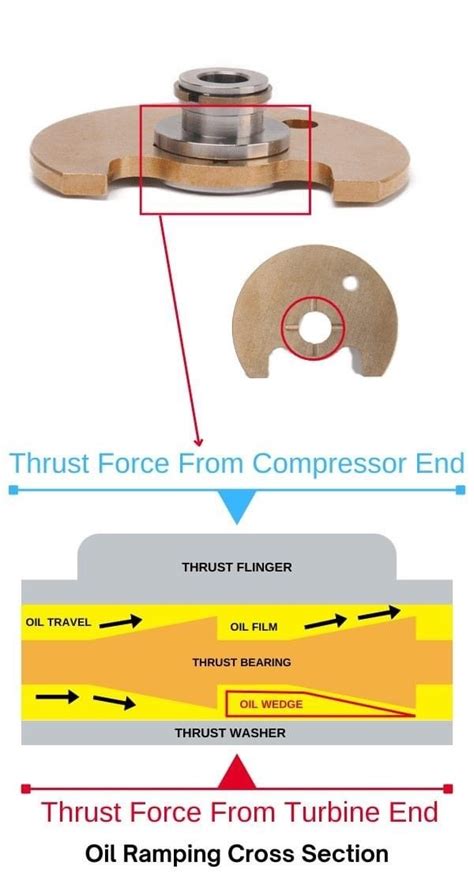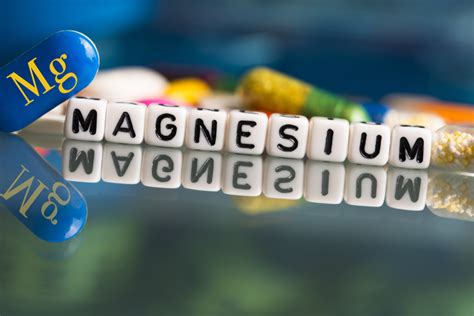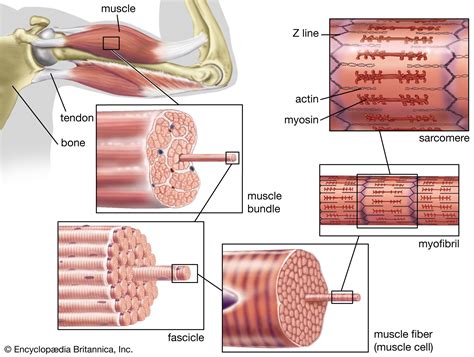Beyond standard protein intake, what is one often-overlooked nutritional element that significantly impacts recovery and performance for men engaging in regular, intense weightlifting?

The Unsung Hero: Magnesium for Peak Performance and Recovery
For men dedicated to regular, intense weightlifting, the mantra of ‘protein, protein, protein’ often dominates their nutritional focus. While adequate protein intake is undeniably crucial for muscle repair and growth, it’s just one piece of a complex puzzle. Many lifters diligently track their macros but inadvertently overlook a vital nutritional element that can significantly impact their recovery, energy levels, and overall performance: magnesium.
Magnesium, an essential mineral, is involved in over 300 biochemical reactions in the body. Despite its pervasive role in human physiology, surveys suggest that a significant portion of the population, especially active individuals, does not meet the recommended daily intake. For men pushing their limits in the gym, this oversight can be a major roadblock to achieving their full potential.

Why Magnesium Is Indispensable for Lifters
Magnesium’s impact on recovery and performance for weightlifters is multifaceted:
- Energy Production: Magnesium is essential for ATP (adenosine triphosphate) synthesis, the body’s primary energy currency. Without sufficient magnesium, your body struggles to produce energy efficiently, leading to fatigue and diminished performance during workouts.
- Muscle Function and Relaxation: It plays a critical role in muscle contraction and relaxation. Calcium is responsible for muscle contraction, while magnesium facilitates muscle relaxation. A deficiency can lead to muscle cramps, spasms, and impaired recovery.
- Nerve Transmission: This mineral is vital for proper nerve function. Efficient nerve transmission is crucial for sending signals from the brain to muscles, which directly impacts strength and coordination during lifts.
- Sleep Quality: Magnesium helps regulate neurotransmitters that are directly involved in sleep. Better sleep means better recovery, as much of the body’s repair and growth occurs during deep sleep cycles.
- Bone Health: Alongside calcium and vitamin D, magnesium is key for maintaining strong bones, essential for supporting the heavy loads placed on the skeleton during weightlifting.

Signs of Deficiency and How to Address It
Magnesium deficiency can manifest in various ways, often subtly at first. Symptoms can include muscle cramps, fatigue, weakness, anxiety, insomnia, and even irregular heart rhythms. For lifters, reduced strength, prolonged soreness, and a plateau in progress could signal an underlying magnesium deficit.
To ensure adequate intake, focus on magnesium-rich foods:
- Leafy Green Vegetables: Spinach, kale, Swiss chard
- Nuts and Seeds: Almonds, cashews, pumpkin seeds, chia seeds
- Legumes: Black beans, lentils, chickpeas
- Whole Grains: Brown rice, oats, whole wheat bread
- Avocado: A great source of healthy fats and magnesium
- Dark Chocolate: A delicious way to boost intake (in moderation!)

Given the depletion of magnesium in modern soils and the increased demands of intense physical activity, supplementation may be beneficial for some. Magnesium glycinate, citrate, or malate are often recommended for their bioavailability. Always consult with a healthcare professional or registered dietitian before starting any new supplement regimen to determine the appropriate dosage.
Beyond Magnesium: A Holistic Micronutrient Perspective
While magnesium is a standout, it’s worth noting that it often works synergistically with other micronutrients, such as zinc and vitamin D, which are also frequently deficient in active populations. Zinc plays a crucial role in testosterone production and immune function, while vitamin D is essential for bone health, muscle function, and overall immunity. Ensuring a broad spectrum of micronutrients through a varied diet and targeted supplementation (if necessary) provides the most robust foundation for recovery and performance.

Conclusion
While protein remains paramount, the astute weightlifter understands that true recovery and peak performance demand attention to the finer details of nutrition. Magnesium, often overshadowed, stands as a critical pillar supporting energy metabolism, muscle function, nerve health, and sleep – all foundational elements for success in intense training. By prioritizing magnesium-rich foods and considering responsible supplementation, men can transcend standard protein intake and unlock a new level of strength, endurance, and recovery, pushing beyond plateaus and optimizing their hard-earned gains.









